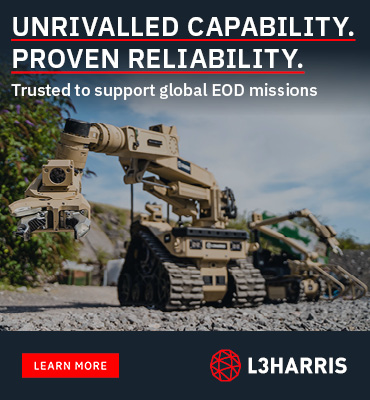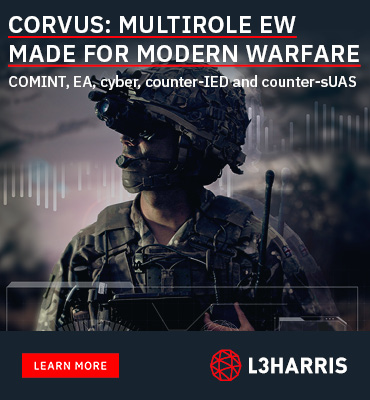TARGETING THE NAVY’S CSC PROGRAM . . . AND MUCH MORE
BY IAN KEDDIE
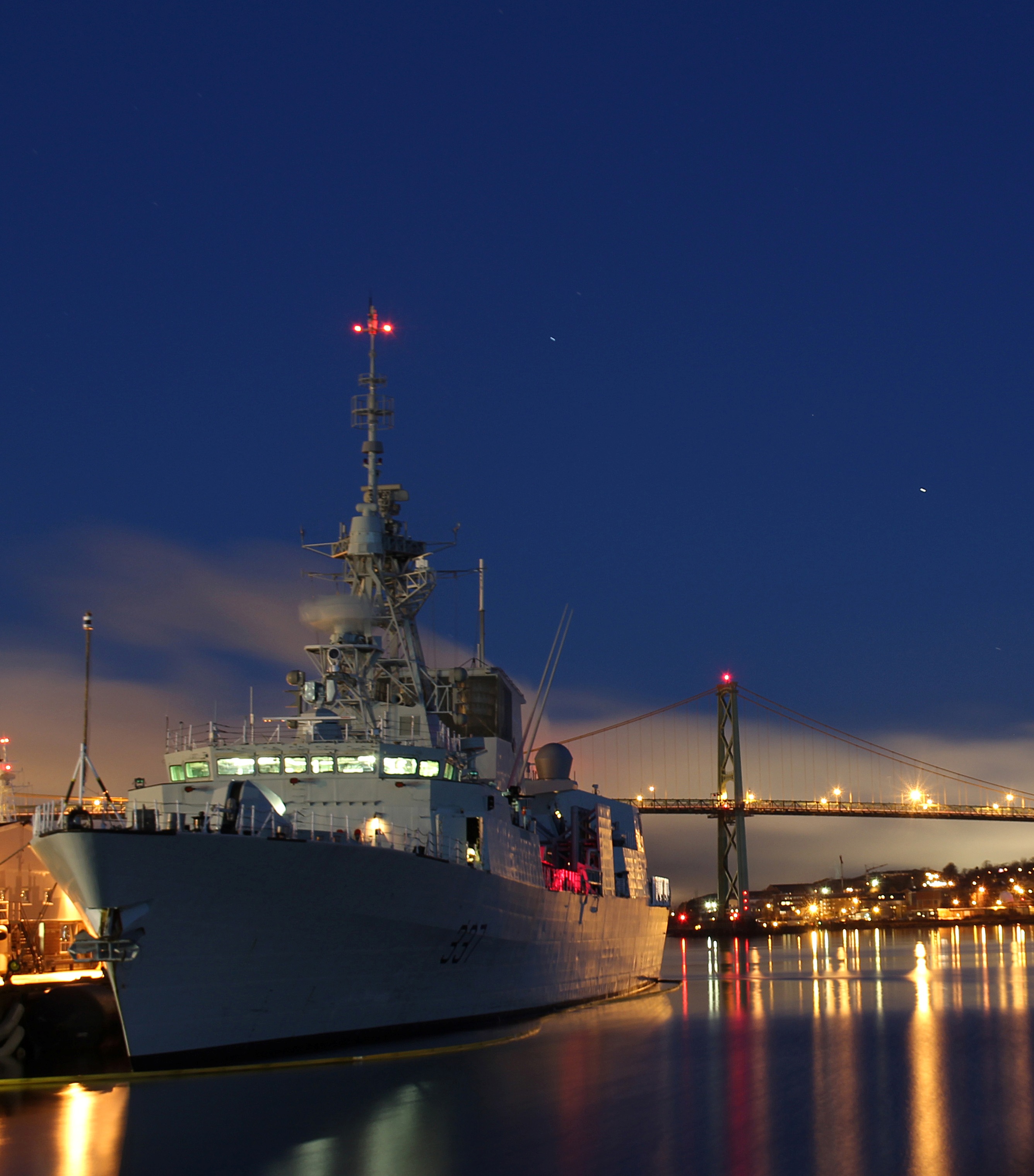 The Canadian government invited 12 pre-qualified companies to submit design proposals for the Canadian Surface Combatant (CSC) program, the long awaited request for proposals (RfP) that will lead to a winning design being chosen by summer of 2017. Considering the scale of CSC, the RfP marks a significant milestone in procurement history for Canada and there will be considerable speculation over the shape of the competing proposals. CSC is not a straightforward warship design process though, it is a program that will cost upwards of $26 billion and will be ongoing for several decades. Subsequently, any decision needs to take into account an industrial partnership which will linger into the second half of the 21st century.
The Canadian government invited 12 pre-qualified companies to submit design proposals for the Canadian Surface Combatant (CSC) program, the long awaited request for proposals (RfP) that will lead to a winning design being chosen by summer of 2017. Considering the scale of CSC, the RfP marks a significant milestone in procurement history for Canada and there will be considerable speculation over the shape of the competing proposals. CSC is not a straightforward warship design process though, it is a program that will cost upwards of $26 billion and will be ongoing for several decades. Subsequently, any decision needs to take into account an industrial partnership which will linger into the second half of the 21st century.
In order to fulfill the CSC requirements, the government‘s aims have sometimes seemed unachievable, or at least contradictory. A desire to indigenously build up to 15 frigates; bidders partnering with Canadian suppliers; an off-the shelf design; and a timeline of three decades. The program should not only provide the Royal Canadian Navy (RCN) with a 21st century warship, the taxpayer’s investment should also ensure high-quality, technical employment for thousands of people across the country. The landscape of Canada’s defence industry is likely to be shaped by the outcome of CSC for decades to come.
Thales certainly fits the bill as the kind of company the government is expecting to put forward a bid for CSC and the company sees its position as the established Canadian affiliate, with strong multinational support, as particularly well placed for such a program. For this story, CDR spoke to Jerry McLean, Vice President and Managing Director, Defence & Security, at Thales Canada about the shape of the company, its development in Canada, and how Thales envisages its particular offering for the CSC program unfolding.
Thales has been supporting the Royal Canadian Navy since 1967 when a Thales Nederland precursor, Signaal, delivered radars to the RCN and Thales radars have been featured on every RCN platform ever since. The company sees this partnership as worthy of celebration, particularly as strong Canadian roots is a desired commodity for the CSC program.
McLean outlined Canada’s position as one of Thales’ ‘big six’ nations, a status which gives the Canadian business considerable autonomy from the mother company. Thales Canada, McLean pointed out, can be seen as a microcosm of  Thales-at-large, with the Group’s businesses in Transportation, C4ISR, Defence Mission Systems, and Avionics in operation across the country. The company is actively working at developing the space business as well. As a matter of fact, Thales Canada holds three of the Group’s Centres of Competence: in Transportation with the urban rail signalling business, based in Toronto, in Avionics with flight controls systems in Montreal and in Optronics with uncooled thermal imaging also in Montreal. This is a particular point of pride for Thales Canada since it is seen as a strong Canadian export with almost two thirds of the business going abroad. “That really meets the essence of what Canada is looking for with respect to high paying jobs; delivering not only to Canada, but being a key world player”, explained McLean.
Thales-at-large, with the Group’s businesses in Transportation, C4ISR, Defence Mission Systems, and Avionics in operation across the country. The company is actively working at developing the space business as well. As a matter of fact, Thales Canada holds three of the Group’s Centres of Competence: in Transportation with the urban rail signalling business, based in Toronto, in Avionics with flight controls systems in Montreal and in Optronics with uncooled thermal imaging also in Montreal. This is a particular point of pride for Thales Canada since it is seen as a strong Canadian export with almost two thirds of the business going abroad. “That really meets the essence of what Canada is looking for with respect to high paying jobs; delivering not only to Canada, but being a key world player”, explained McLean.
ORGANIC GROWTH IN CANADA
The autonomy enjoyed by Thales Canada is a key characteristic of the business and having responsibility over profit and loss also allows all operating and investment decisions to be taken domestically. The business in Canada has seen organic growth and acquisitions take it to the present size of around 1,800 employees across the country. McLean sees the type of employment offered by Thales as highly desirable, particularly as a stated aim of CSC is to invest in high tech, skilled trades across the country.
“As you look at what the Canadian program is looking for, these are highly-paid, highly successful, systems engineers, hardware engineers and software engineers that are working in Canada, developing Canadian solutions for a Canadian customer, including complete in-service support. We support them through our Canadian facilities while still exporting abroad and being a pertinent player in the Thales global supply chain.”
Despite the global outlook and international connections, McLean admits that “Defence is very much a domestic business” with the company preferring to focus on Department of National Defence (DND) requirements, where large contracts in army Command & Control (C2) and Optronics systems
have proven highly successful. But, it is the Thales mantra of “think global, act local” that the Canadian business aims to build upon when it comes to bidding for CSC.
This is a model the business has used in the past; leveraging the expertise and technologies of the global firm to generate a solution that can be implemented at the local level.
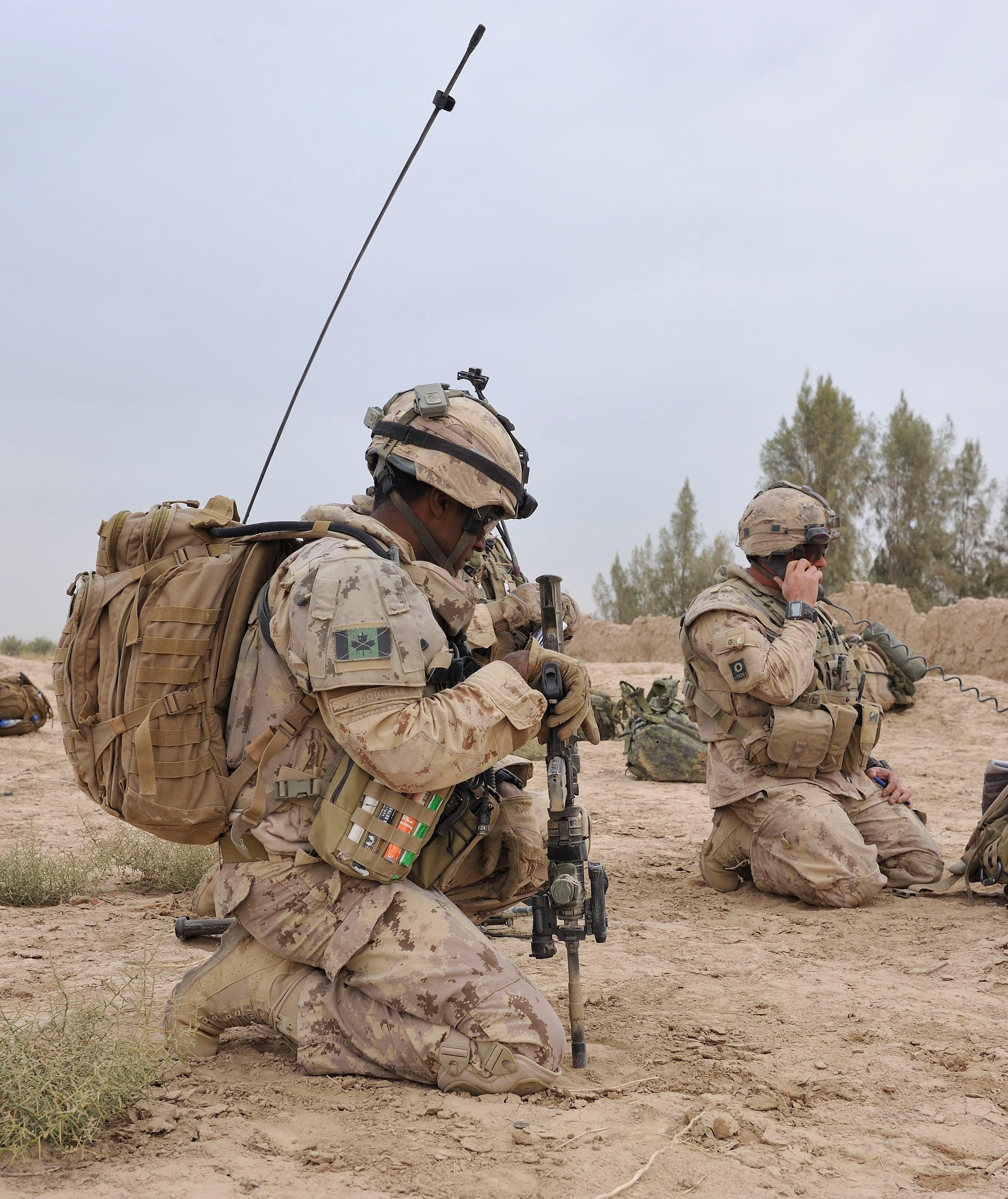
WINNING LCSS CONTRACT
Thales Canada won the Army’s Land Command Software Support (LCSS) contract in 2008 with a solution built upon an existing Thales Army command and control program. McLean described this transfer of technology from Thales France to Thales Canada as forming the “genesis” of a domestic solution, a stipulation required by the Canadian Army at the time. Land systems have been an area of great success for the company but generating similar success in the maritime domain hasn’t been as easy.
Thales Canada’s significant growth in the Maritime Domain really commenced with the loss of the Halifax Modernization. Thales Canada’s lesson learned was to control their own destiny which necessitated the establishment of a strong domestic maritime capability to enable Thales to compete in future naval programs such as CSC.
Thales has worked towards this goal through a partnership with Seaspan as part of the national shipbuilding strategy (NSS). The partnership put Thales in the position of exclusive electronics systems integrator for all of Seaspan’s NSS programs which means Thales has been delivering solutions on offshore fisheries science vessels, offshore oceanographic science vessels, the Joint Support Ship for the RCN and will provide future work on new polar icebreakers.
PARTNERING WITH SEASPAN ON NSS
As a Tier 1 partner with the shipbuilder, Seaspan, Thales provides the systems integrator capability that Seaspan would otherwise lack. The partnership has been one half of the business’s naval development, the other part involving the delivery of a command and control capability which provides a recognized maritime picture to the national command, known as the Interdepartmental Maritime Integrated C3 (IMIC3). This interfaces RCN, Canadian Coast Guard (CCG), Marine Security Operations Centres (MSOC), and regional operations centres all onto a single network.
Thales Canada’s McLean sees the progress that the company has made in these areas as having resulted in it now being considered as a credible alternative to Lockheed Martin’s erstwhile hegemony. He explained, “It’s usually a Thales/Lockheed Martin fight as we look at integration here, strong Canadian companies (which) have our own unique strengths”.
For CSC, the Canadian government’s request for information from pre-qualified bidders requires responses to be submitted by 27 April 2017, with the government expected to make a decision later that same year. For companies bidding on this, creating the most attractive proposal involves making crucial decisions to best fit Ottawa’s criteria, balancing costs and capabilities against the stipulated requirements.
With less than six months to submit proposals we asked McLean what Thales aims to bid for, what will determine the shape of the proposal and whether or not there is a preferred solution. He outlined the company’s decision making thusly, “We just got the RfP two weeks ago, which is where we got to see the weighted components, we are now assessing based upon the solutions that are out there, which one best meets Thales’ needs and which has the highest potential for a win”.
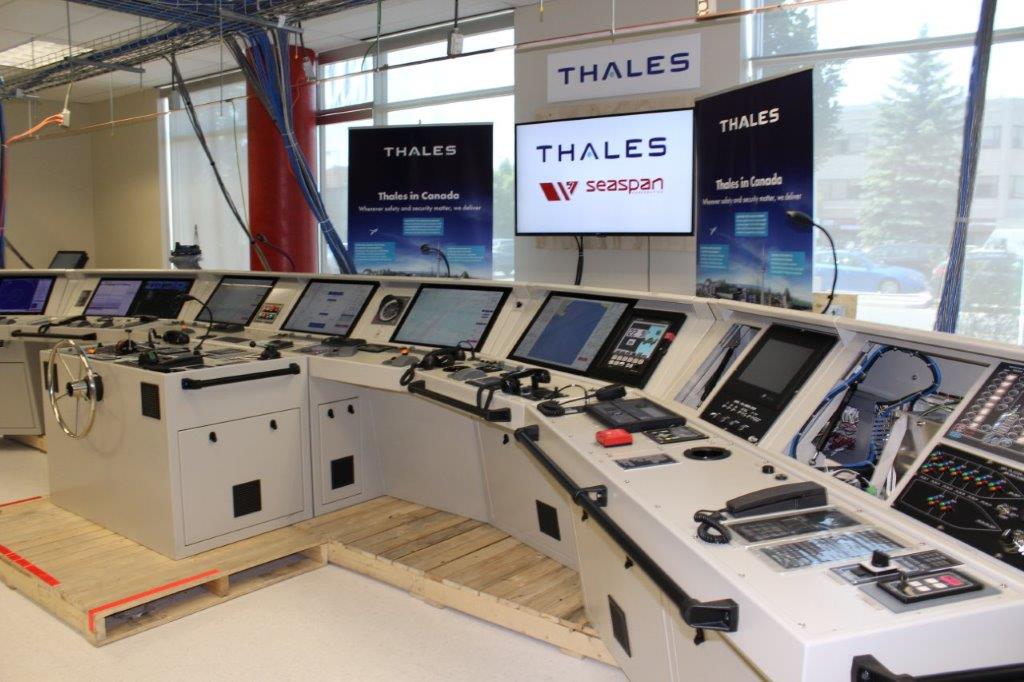
THALES CANADA TO BID FOR CSC
Thales will bid to be a major systems integrator as part of a partnership with a platform designer, the requirements of which mean that the platform will be an existing design. “The military off the shelf procurement approach that (the Canadian government) embarked on eight months ago, really did enable Thales because we have, on three of the qualified platforms, the main combat systems associated with those platforms.”
McLean described Thales as both a systems integrator and an equipment supplier, pointing out that Thales’ equipment would still have a strong chance of being included in the final CSC solution even if Thales is not chosen to act as a systems integrator. “We will support all warship design, in the offering of our main equipment which may include radars, sonars, electronic warfare, communications, etc.”
So it’s a good bet that, regardless of the final CSC solution, Thales very well may be involved in one form or another and there are good reasons for Thales to feel optimistic about the program. The company’s combat systems are well proven in multiple platforms and are able to integrate well with whichever missiles may chosen as the platform’s main armament. Thales describes itself as “missile agnostic” in this regard but they have yet to make a decision for their own bid.
MISSILE AGNOSTIC 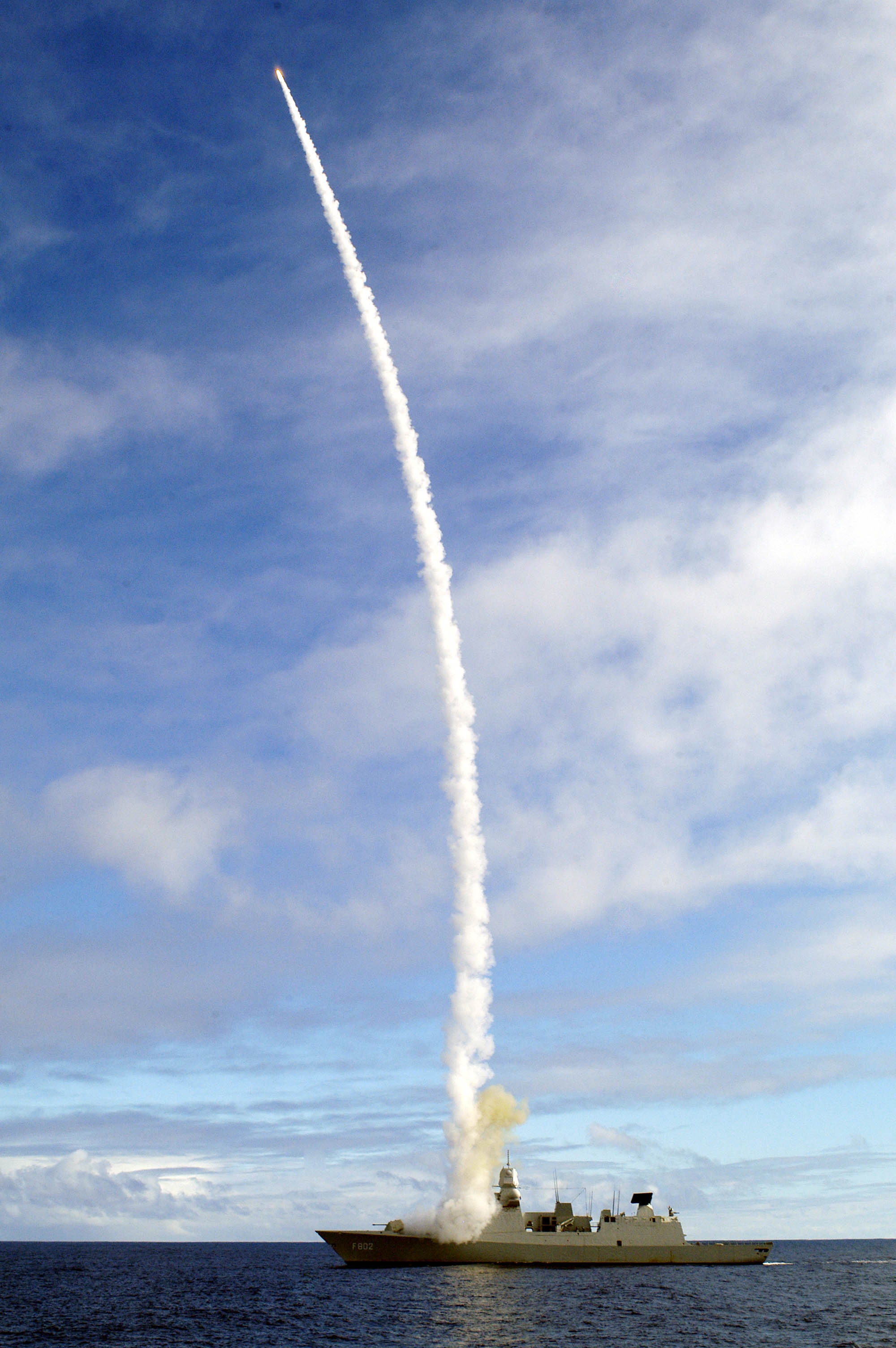
“We are still finalizing our strategic side on the systems integration component” offered McLean when queried on this, but it seems Thales Canada sees two distinct options available to it. He explained his thinking, “As we look at it, Thales supports both the European and US missile solutions.” Thales Canada possesses strengths beyond the technical requirements for the CSC and McLean took pains to stress the importance of the global supply chain that supports the Canadian business and the large amount of investment Thales Canada makes in areas such as research and development (R&D) and small to medium enterprises (SMEs). Thales has entered into strategic partnerships with, and invested in, a number of small Canadian firms which gives those companies access to the Thales global supply chain.
The company views these sorts of relationships as crucial to the development of complex technologies their own business relies upon. Thales Canada’s R&D exists under the banner of Thales Research and Technology (TRT) and the company has made considerable investments in R&D since 2003, establishing the Quebec City research centre in 2012. Thales Canada has recently been recognized as one of the Top100 Corporate R&D investors in Canada.
LARGE R&D INVESTMENT IN CANADA
The investment has yielded considerable gains, earning 97 patents since 2003 and 2016 will see a further $30 million invested in TRT across a range of areas. Thales Canada’s McLean highlighted the company’s commitment to R&D investment as of particular importance to its CSC bid, “It is absolutely critical to our success in the development of the value proposition we will put forward for CSC”. Thales has built a 10 year partnership with Defense Research & Development Canada (DRDC) during the development of the army’s command and control systems and the success of the program resulted in it becoming a centre of excellence for global Thales R&D.
So, Thales Canada certainly appears to be well placed, not only to bid as a key systems integrator for Canada’s largest ever defence procurement project, but for ongoing success as an autonomous and independent arm of a multinational technology firm. McLean’s view that the company’s relationship with Canada is mutually beneficial appears sound as it generates high-paying, middle-class jobs in multiple locations across the country.
Thales sees the value in reinvesting domestically, not only in order to benefit from local contracts, but as a means to develop new technology and expand the company’s own capabilities. By building on a successful model where local solutions are created through a global network, Thales Canada is likely to be well positioned for some time to come, as a leading Canadian technology firm irrespective of how its bid for CSC plays out.




